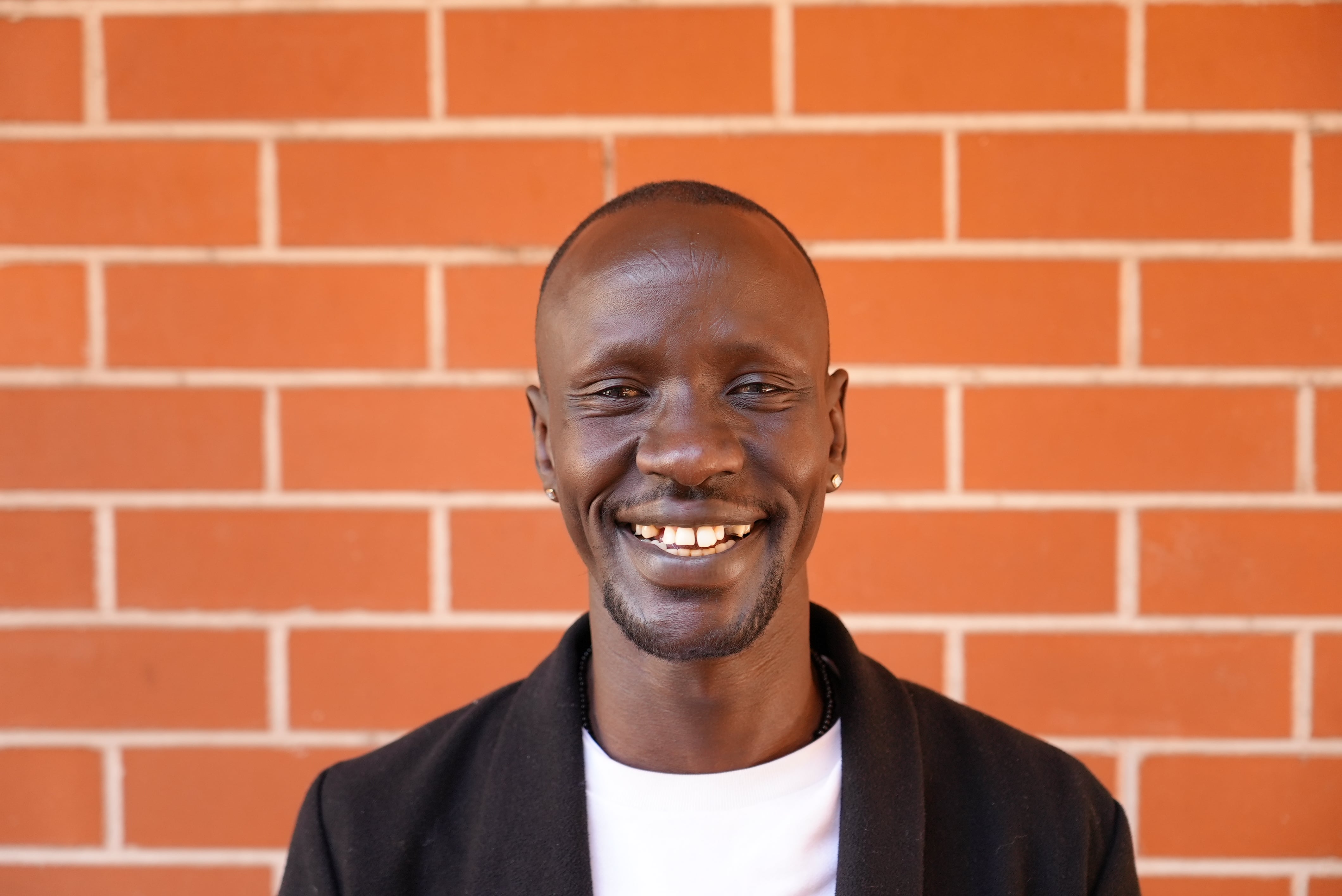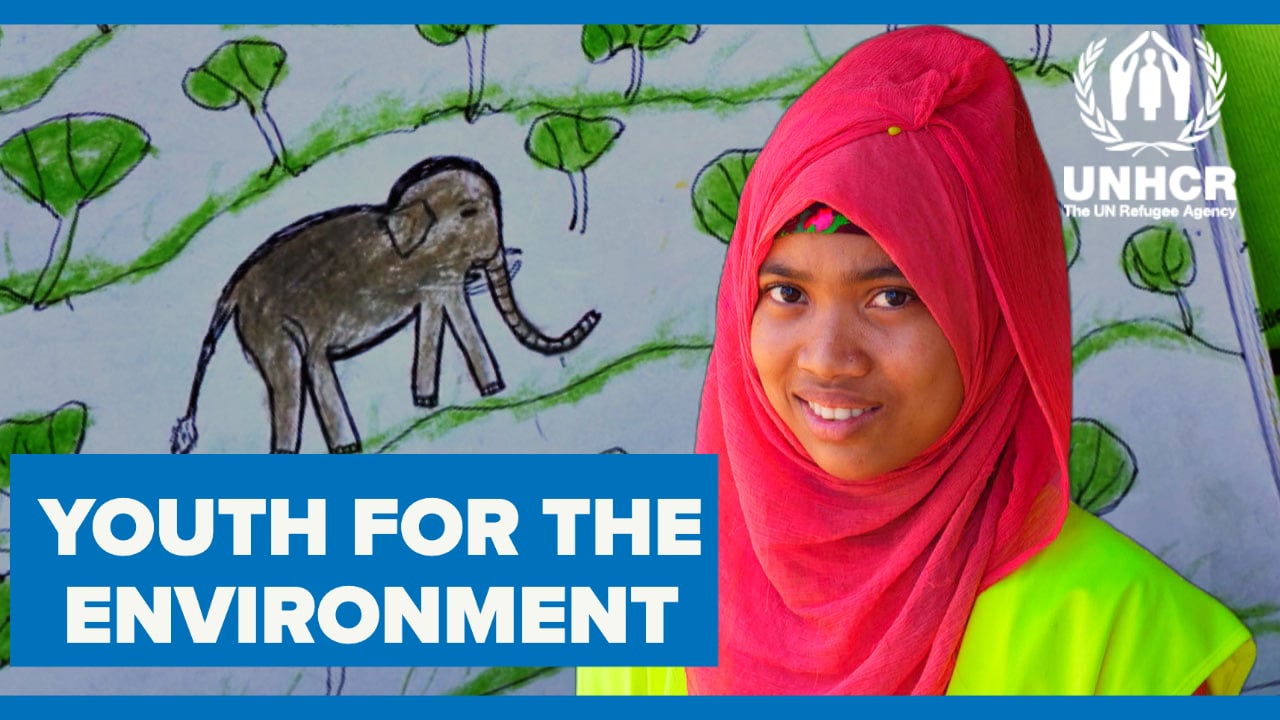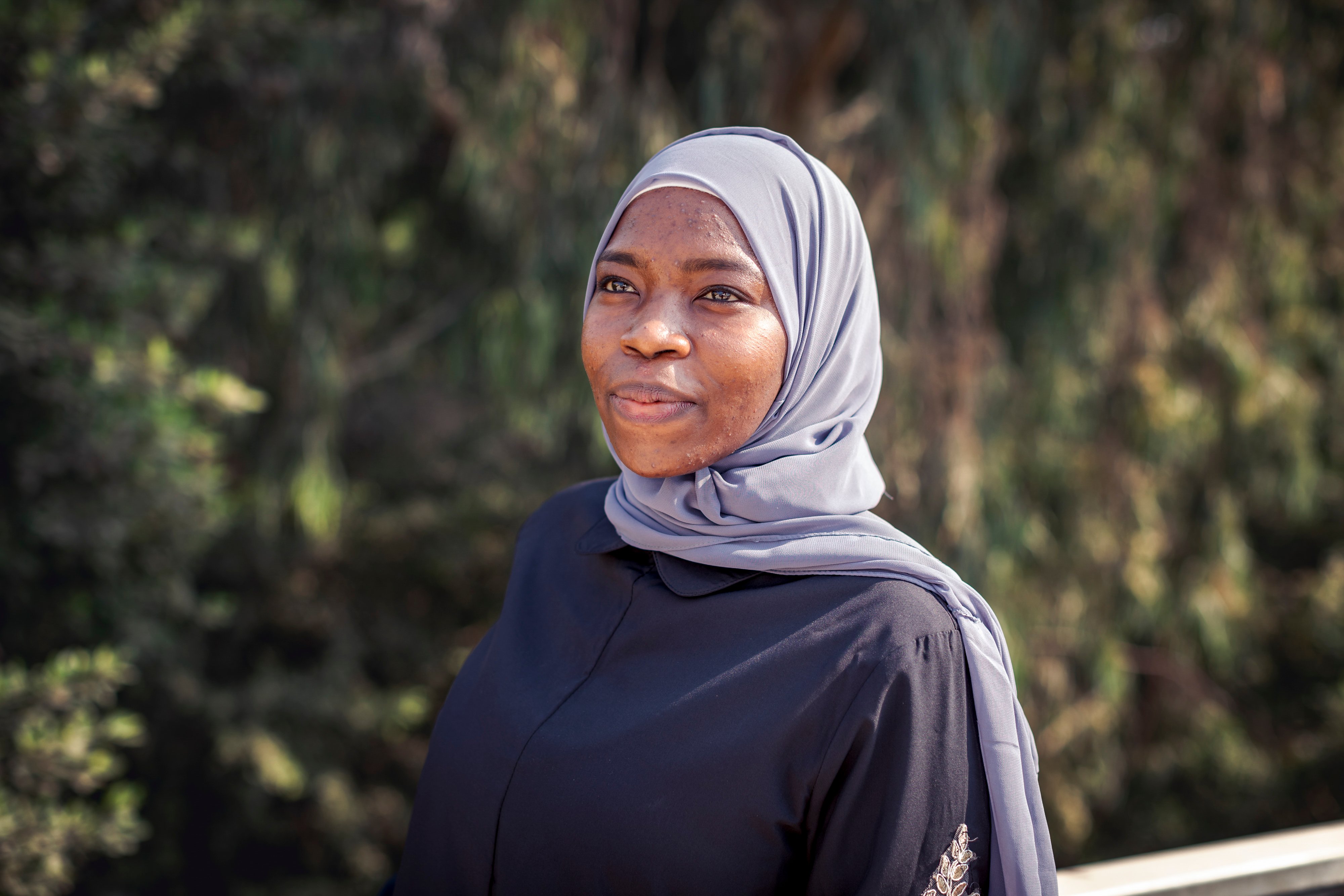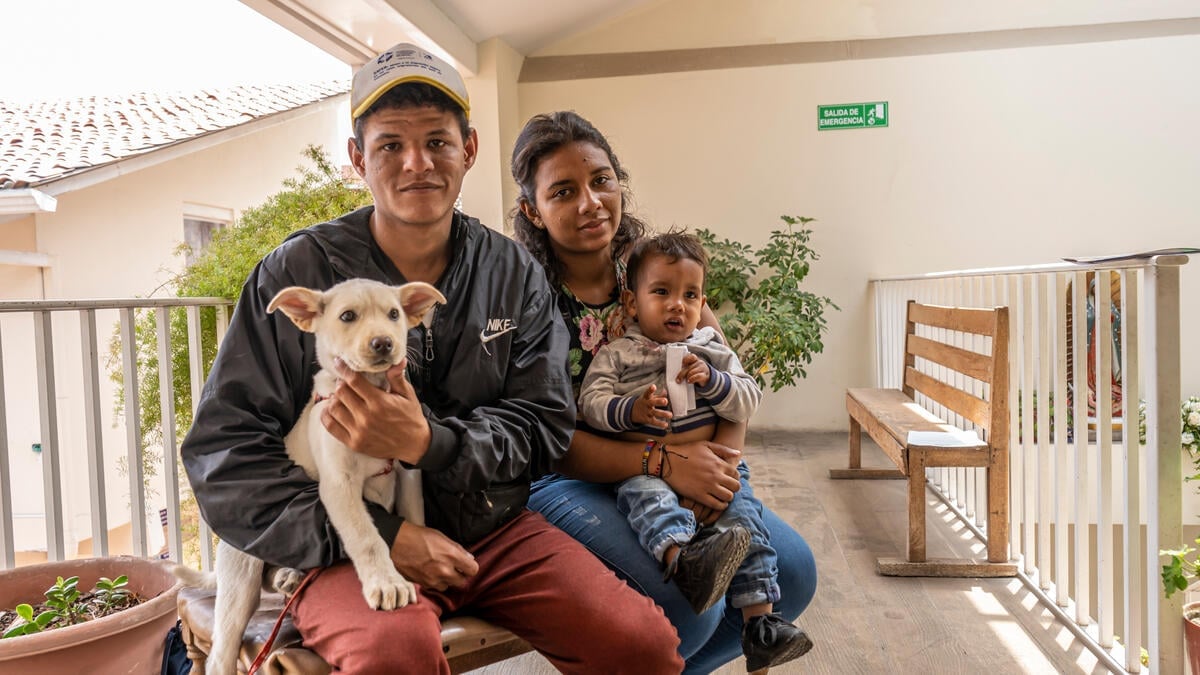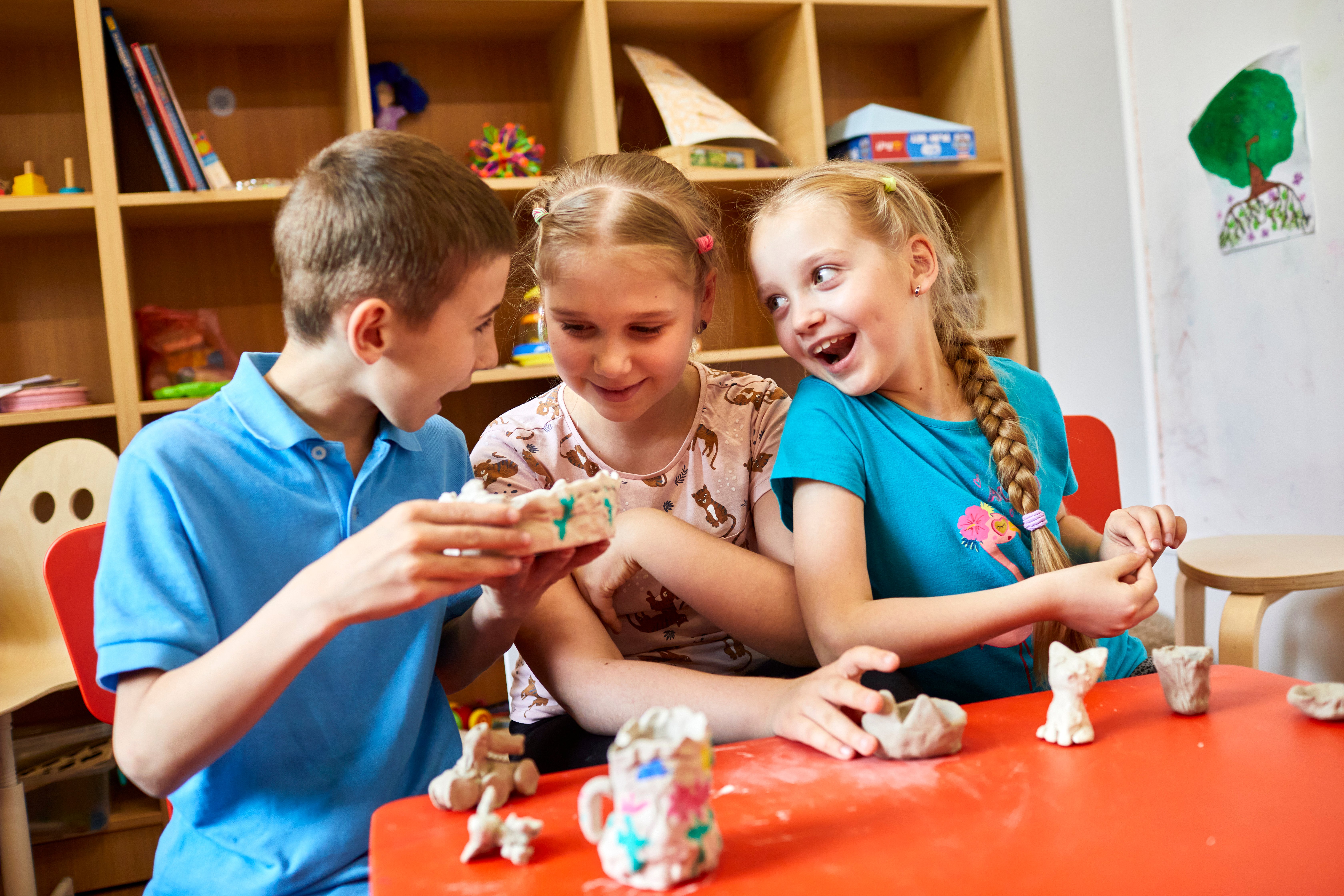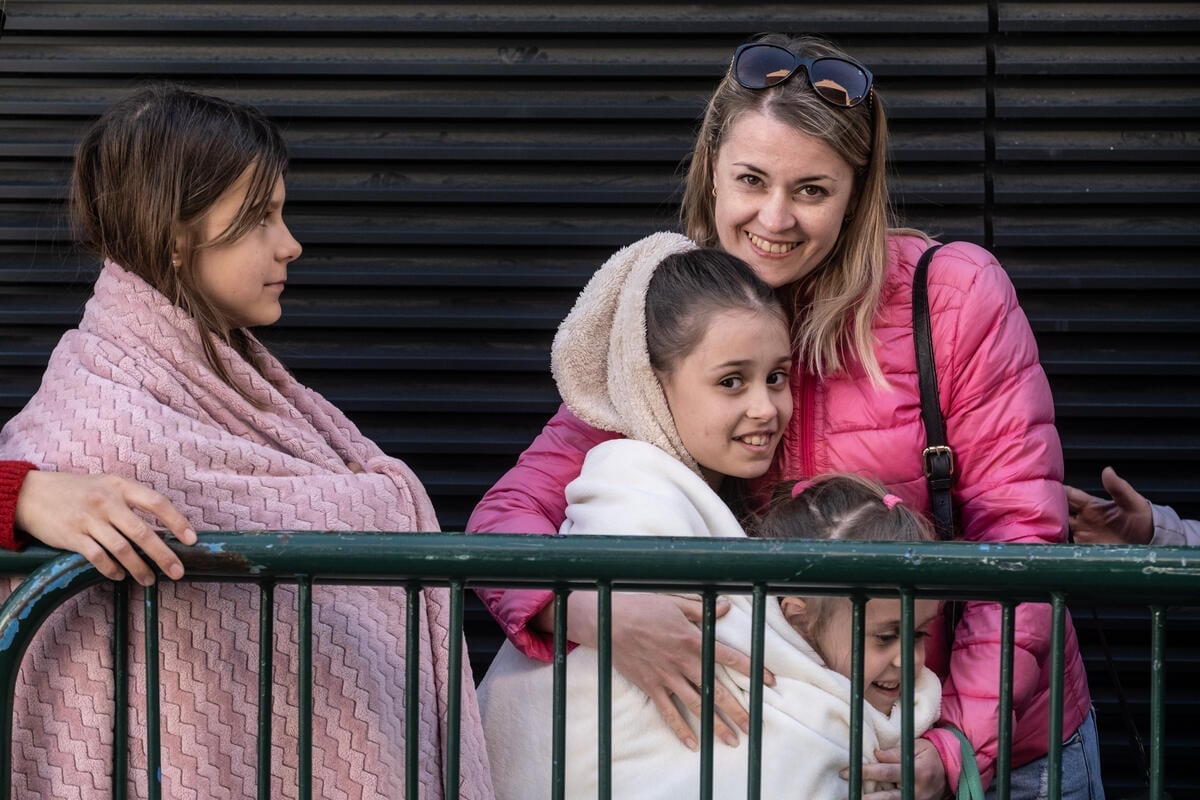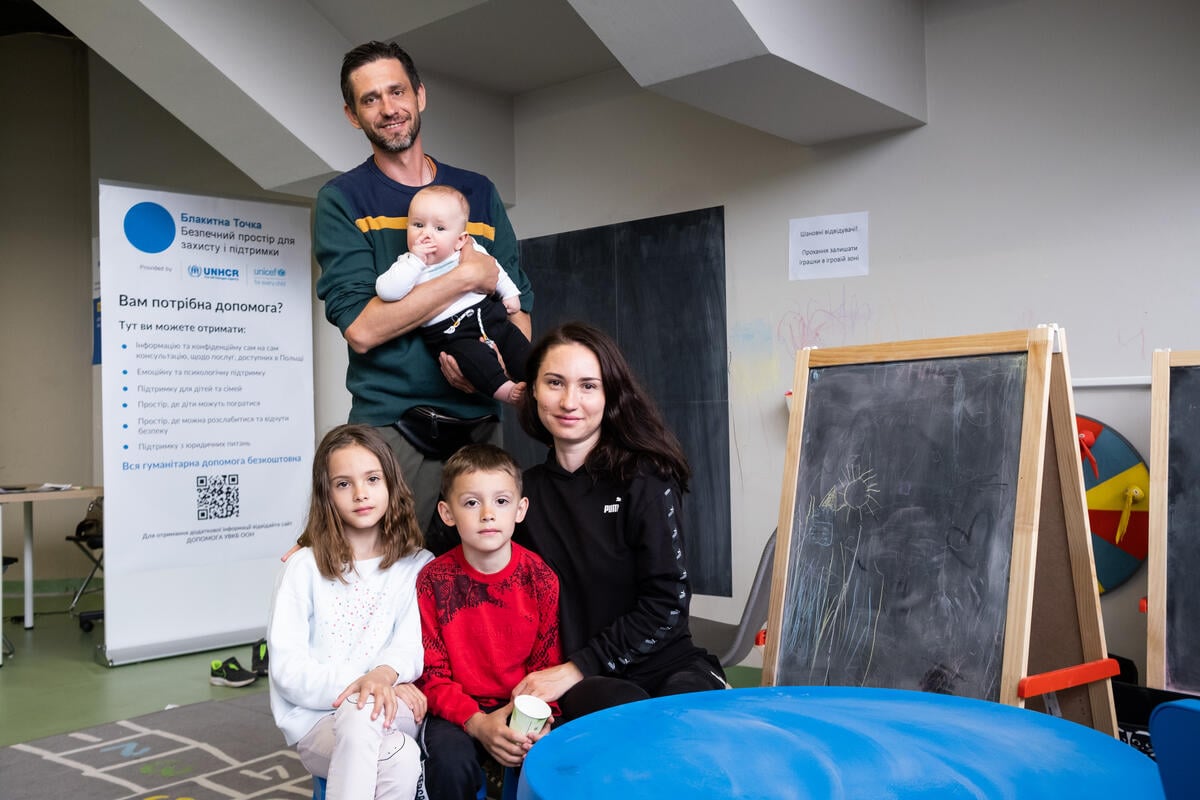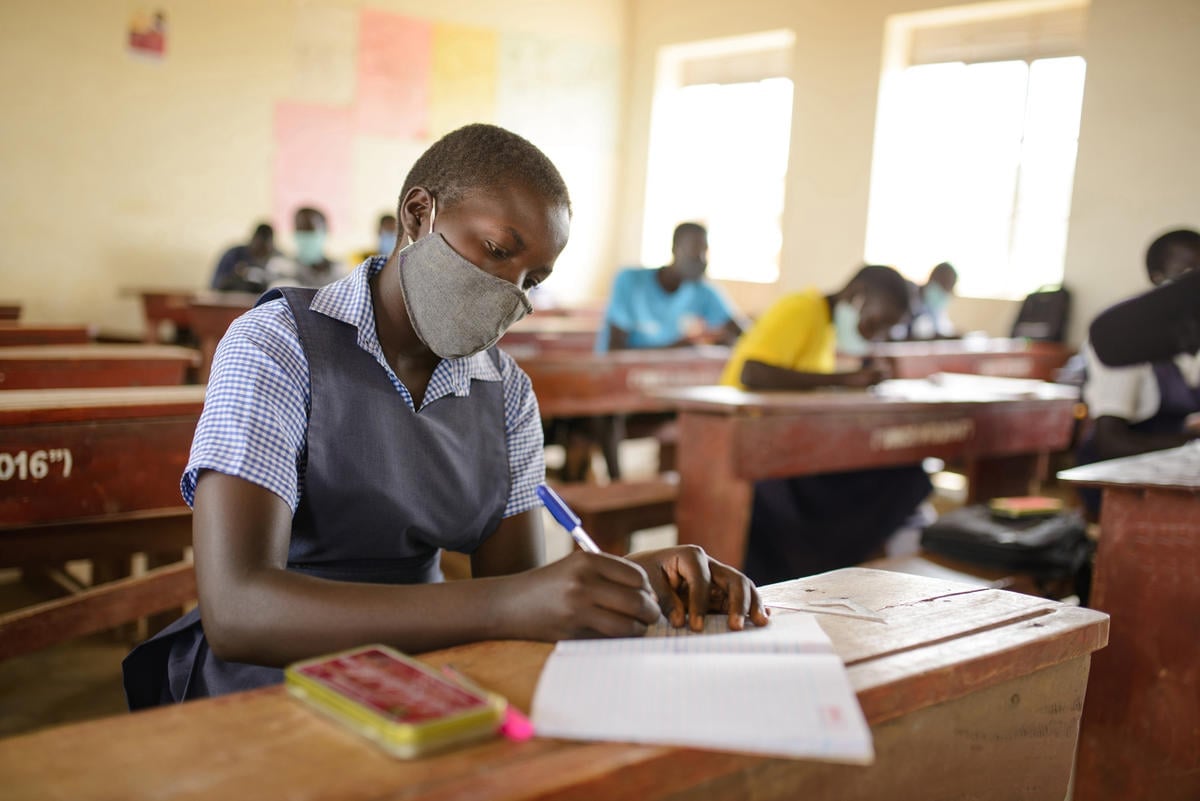New school gives Rohingya refugee children hope for a bright future
New school gives Rohingya refugee children hope for a bright future

KUALA LUMPUR, Malaysia, May 29 (UNHCR) - Zarina fluently reads a passage from one of her text books as her classmates listen. It is hard to imagine that just a few months ago, the 14-year-old refugee did not even recognize the alphabet.
Zarina is a Rohingya living in Malaysia, whose family fled persecution in Myanmar before she was born. She never attended school until a year ago when UNHCR set up a school for refugee children in her neighbourhood.
For most of the Rohingya children in her class, just writing their own names had been a challenge, let alone reading story books and doing arithmetic. Like most of the 5,400 Rohingya refugee children in Malaysia, they have not received basic education due to financial and bureaucratic obstacles.
The UN refugee agency partnered with a non-governmental organization, the Taiwan Buddhist Tzu-Chi Foundation, to open five new education centres within the Klang Valley, serving some 400 Rohingya refugee children. The project received funding from the United States government, bringing education to the Rohingya community on an unprecedented scale in Malaysia.
After nearly two decades in Malaysia without education for their children, Malaysia's 15,400 Muslim Rohingya refugees from north-east Myanmar are especially hungry for formal schooling.
"Our children have grown up without knowing how to read and write," says Zarina's mother, who has four children in the new school. "They must know how to count. They must know science and geography. What future will our Rohingya children have without knowledge?"
"When I was Zarina's age, I had no education," she continues. "I became a mother when I was very young. I want Zarina to have a better life."
Brittocia Arulanthu, a UNHCR community services officer, says "the absence of basic education among refugee children will become a handicap for them as they grow up, inhibiting their access to opportunities to better their lives."
But "attending school provides continuity and normalization for refugee children who generally live in vulnerable conditions," she adds.
In Malaysia, there are some 8,000 refugee children of school-going age (from all ethnicities, including Rohingya), but UNHCR estimates that less than a third of them have access to any kind of education.
Many refugee communities resort to setting up their own schools, which, however, lack qualified teachers and basic books. The UNHCR-Buddhist Tzu-Chi education project provides structured teaching materials and permanent trained teachers - including many Rohingya teachers.
"Not all the children know how to read and write and this makes it very difficult to teach them," says Rohingya teacher Umar Arif. "But they are very interested in school." Behind him, his students of varying ages take turns to write down numbers from one to 10 on the white board. The pace is slow, but allows everyone to catch up.
Fifteen-year-old Ali is a good student, smart and conscientious in his studies. He has high hopes of holding a big position in an office one day. But for now, he does odd jobs at a grocery store after school every day to help his family make ends meet. He's not even able to tackle his homework until he returns home after nine at night.
"I never had an opportunity for school before, so even though I have to work at night to make money for my family, I will still go to school," says Ali. He refuses to miss a day of classes.
Zarina often has to walk the 10 kilometres to her school as the bus is unreliable. But, like Ali, she is determined to attend every class. "I like learning new things. Now that I can read, I have learnt so much about the world," she says. "If I attend school, when I grow up, I can find a good job. Maybe I can be an engineer."
By Yante Ismail in Kuala Lumpur, Malaysia


